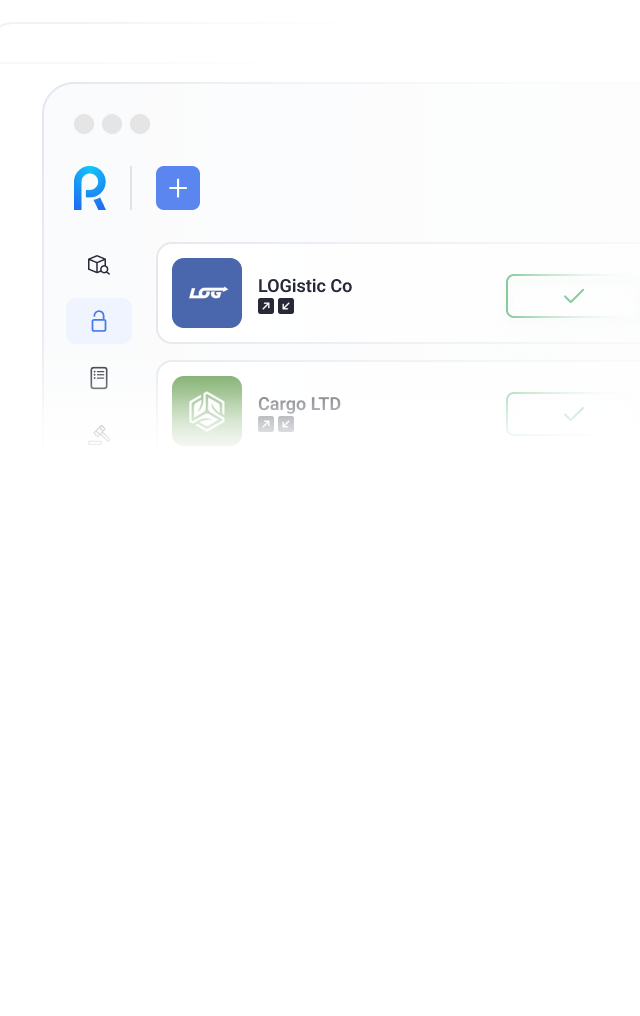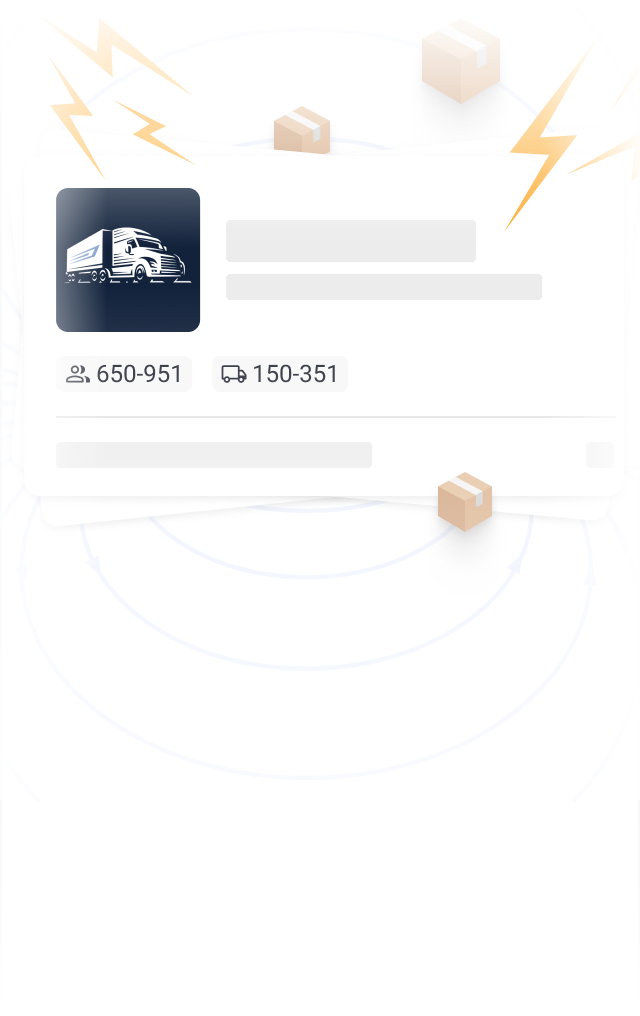
Dry Bulk Cargo Transportation



















Bulk goods are granular materials consisting of small solid particles. The main characteristics of such materials include:
- particle size
- moisture content
- hygroscopicity
- stickiness
- tendency to cake
- abrasiveness
These properties must be considered during the storage and transportation of bulk materials to ensure safety and product integrity.
Based on particle size, bulk materials are divided into several categories: extra-large (over 320 mm), large (161–320 mm), medium (61–160 mm), small (10–60 mm), grainy (0.5–9 mm), powdery (0.05–0.49 mm), and dust-like (less than 0.05 mm).
A special category is formed by loose bulk goods. These cannot be transported in containers, so specialized equipment is required for loading and unloading. Examples of loose bulk goods include coal, ore, and scrap metal.
Based on the type of material, bulk goods are divided into food (grains, flour, salt) and non-food (construction materials, fertilizers).
By particle shape, materials can be classified as:
- Lump materials — gravel, crushed stone, peat, coal
- Powdery materials — cement, flour, gypsum
- Granulated materials — grain, sand, fertilizers
When transporting bulk goods by road or other means, it is important to consider factors such as the natural angle of repose, tendency to compact or freeze together, and hygroscopicity. Hazardous goods — toxic, caustic, corrosive, or explosive — require special conditions during transportation.
The transportation of bulk materials uses road, rail, sea, and occasionally air transport. The choice of transport method for loose cargo depends on the type of material, batch size, distance, and delivery time requirements.
Road transport of bulk goods is carried out using specialized vehicles:
- Side-dump trucks with trailers or semi-trailers. The hydraulic-powered body facilitates quick unloading, making these trucks suitable for short-distance hauls.
- Container carriers equipped with platforms. These vehicles are ideal for transporting bulk goods over long distances by placing them in containers.
- Tank trailers. Used for fine-grained bulk materials.
Another option for transporting bulk materials is rail transport, which utilizes specialized hopper cars and dump cars.
For intercontinental delivery of bulk goods, maritime transport — specifically bulk carriers (bulk carriers) — is required. Air transport is rarely used due to its limited capacity and high cost.
Handling bulk materials involves several stages that ensure safe and efficient transportation.
- Selection of transport. Specialized vehicles such as dump trucks, dumper cars, and bulk carriers (balkers) are used for transporting loose cargo.
- Preparation. The material must be homogeneous in composition and particle size, with no foreign contaminants.
- Loading. Bulk materials are loaded into the transport vehicle using excavators, loaders, or conveyors without packaging.
- Placement. The goods are evenly distributed across the vehicle’s body without exceeding its load capacity.
- Securing. To prevent spillage, dusting, and loss during transit, the material is compacted and covered with a protective tarpaulin.
- Documentation. Waybills specify the name, weight, volume of the goods, as well as any characteristics requiring special attention during transport.
- Transport movement. When transporting by road, it is important to adhere to speed limits and avoid abrupt maneuvers.
- Unloading. This is carried out on specially equipped sites using grab cranes, excavators, or bucket loaders.
- Cleaning the vehicle. After delivery, the truck bed must be thoroughly washed to prepare it for future use.
To ensure problem-free transportation, all process participants — including the shipper, carrier, transit point administration, and loaders — must work in coordination. Careful planning, real-time tracking, and timely communication about any incidents are essential.
The protection of both the cargo and the transport largely depends on proper handling, such as the use of specialized containers and equipment during loading and unloading. Proper management of the transportation process is a critical aspect of the global supply chain.
The cost of transportation is calculated individually by the company and depends on the following factors:
- distance and route
- volume, weight, and characteristics of the cargo
- type of vehicle
- additional services (loading, insurance)
Fees can be either hourly or per kilometer. The approximate cost of transporting bulk goods using dump trucks with a capacity of up to 10 tons within the city is around 650-750 RUB/hour, while intercity rates start at 20-25 RUB/km.
💡 Customers can use the freight exchange platform to compare prices and find competitive rates. On the Roolz platform, you can also conduct auctions to receive offers from transportation companies and private carriers.
Selecting a reliable transportation company (TC) is key to ensuring the safe and timely delivery of your goods. Consider the following criteria:
- Specialization and technical equipment. Find out if the TC has experience handling bulk materials and possesses specialized transport such as dump trucks, dumper cars, or bulk carriers. Pay attention to the fleet's technical capabilities — modern GPS monitoring and real-time tracking systems ensure transparency in transportation, allowing for more accurate delivery predictions and quick resolution of any issues that arise.
- Experience and reputation. Reliability is a critical factor when choosing a transportation company. Review feedback from clients and partners, focusing on the carrier’s experience with bulk materials, service quality, and adherence to delivery schedules. A good reputation ensures your goods will arrive intact and on time.
- Cost and value. The ideal choice is finding a balance between competitive rates and quality of service. Factors such as transit time, the carrier's reputation, and the range of additional services can help assess the overall value proposition of the transportation company.
- Additional services. Inquire about other services provided beyond transportation itself. This can streamline logistics and save time. Particularly useful offerings may include in-house warehousing, customs clearance, insurance in case of damage or loss, and online tracking.
- Customer support. Professional support helps you monitor the transportation process and stay informed about all details. When evaluating customer service, consider the competence of employees, their responsiveness in addressing issues and answering questions, tracking availability, and the presence of multiple communication channels — phone, online chat, email, etc.
Selecting the right transportation company requires careful consideration of various factors, including specialization, technical equipment, experience, reputation, cost, availability of additional services, and the level of customer support. By investing time in researching and evaluating options, you can find a trustworthy transportation partner who will contribute to the success of your business.
What is bulk cargo
Bulk goods are granular materials consisting of small solid particles. The main characteristics of such materials include:
- particle size
- moisture content
- hygroscopicity
- stickiness
- tendency to cake
- abrasiveness
These properties must be considered during the storage and transportation of bulk materials to ensure safety and product integrity.
Based on particle size, bulk materials are divided into several categories: extra-large (over 320 mm), large (161–320 mm), medium (61–160 mm), small (10–60 mm), grainy (0.5–9 mm), powdery (0.05–0.49 mm), and dust-like (less than 0.05 mm).
A special category is formed by loose bulk goods. These cannot be transported in containers, so specialized equipment is required for loading and unloading. Examples of loose bulk goods include coal, ore, and scrap metal.




Add your company


 en
en fr
fr de
de hi
hi pl
pl es
es tr
tr uk
uk